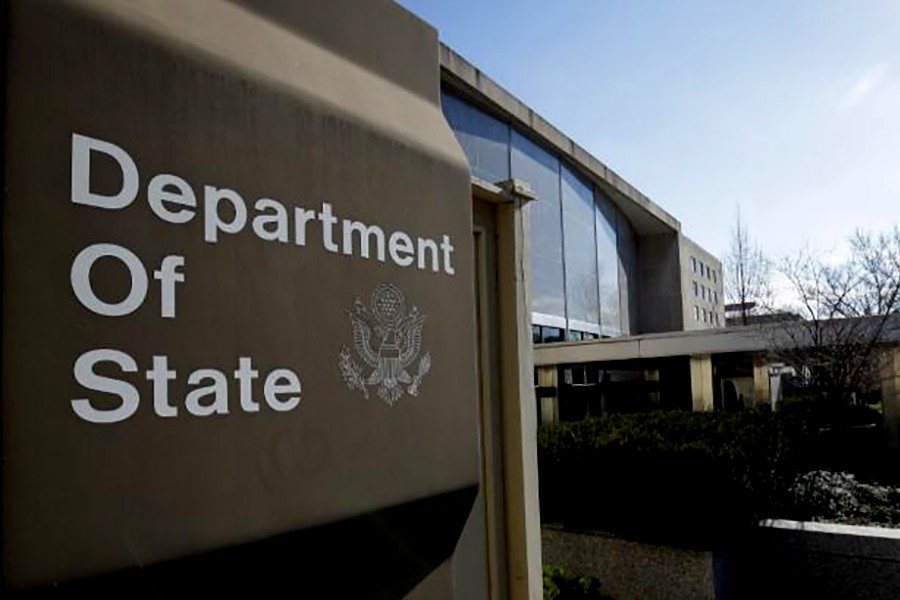Bangladesh has made significant progress towards meeting international requirements of fiscal transparency for the first time, but it continues to fall short of the minimum standard, according to the 2022 Fiscal Transparency Report, published by the US Department of State on Friday,
The US Department of State has been publishing the report since 2008 on the governments, which receive US foreign assistance, in consultation with other relevant US agencies.
The US Department of State said, “During the review period, the government (of Bangladesh) made significant progress by publishing its end-of-year report within a reasonable period. It also made its executive budget proposal and enacted budget widely and easily accessible to the public, including online.”
It said, “Information on debt obligations was publicly available. Budget documents provided a reasonably complete picture of the government’s planned expenditures and revenue streams, including natural resource revenues.”
“Financial allocations to and earnings from state-owned enterprises were included in publicly available budget documents. Information in the budget was considered generally reliable, although budget documents were not prepared according to internationally accepted principles,” the US Department of State said.
It mentioned, “The government’s supreme audit institution reviewed the government’s accounts, but its reports did not contain substantive findings and were not made publicly available within a reasonable period. The supreme audit institution did not meet international standards of independence.”
“The government specified in law or regulation and appeared to follow in practise the criteria and procedures for awarding natural resource extraction contracts and licences. Basic information on natural resource extraction awards was not consistently made publicly available,” the report said.
The US Department of State suggested that Bangladesh’s fiscal transparency would be improved by preparing budget documents according to internationally accepted principles; ensuring the supreme audit institution meets international standards of independence and has sufficient resources; publishing timely audit reports that contain substantive findings, recommendations, and narratives; and making basic information about natural resource extraction awards publicly and consistently available.
The newly-released report said governments of 72 countries, of the 141 countries (and the Palestinian Authority) evaluated, met minimum requirements of fiscal transparency.
Sixty-nine did not meet the minimum requirements of fiscal transparency. Of these 69, however, 27 made significant progress toward meeting the minimum requirements of fiscal transparency.
The Congressionally-mandated Fiscal Transparency Report (FTR) is a tool to identify deficiencies and support needed changes.
The Office of Macroeconomic Affairs (OMA) of State’s Bureau of Economic and Business Affairs (EB) prepares the annual FTR in consultation with State’s Bureau of Energy Resources (ENR) and the US Agency for International Development (USAID).
As directed by Congress, EB/OMA evaluates data on fiscal transparency collected by our posts in 141 countries (those eligible to receive US foreign assistance) against minimum requirements and publishes the results on the Department’s website annually.
“For countries to meet minimum requirements, governments must make key budget documents publicly available within a reasonable period,” said a spokesperson of the State Department.
“They must be substantially complete and generally reliable. Governments must also follow a transparent process for awarding government contracts for natural resource extraction”.
“Fiscal transparency informs citizens how government and tax revenues are spent and is a critical element of effective public financial management. Transparency provides citizens a window into government budgets and those citizens, in turn, hold governments accountable. It underpins market confidence and sustainability,” the report said.


